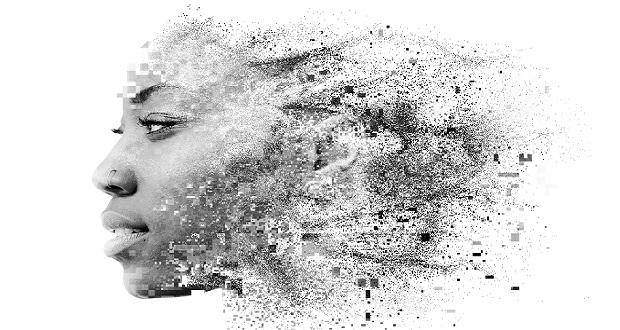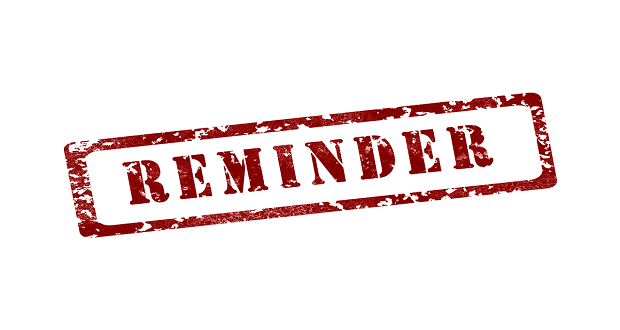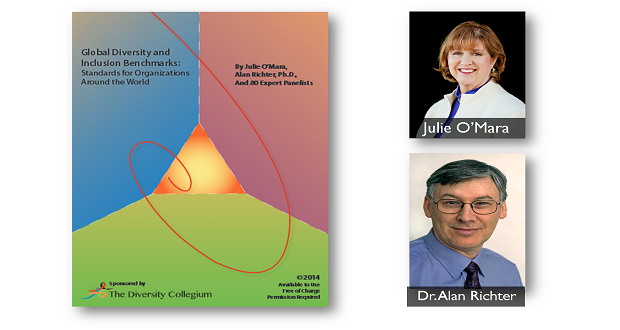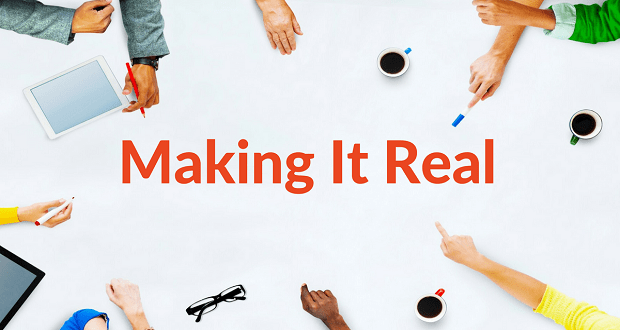
Throughout this series my colleagues have shared moments and experiences when they felt they didn’t “do the work.” In some situations, “the work” would have been speaking up in the face of injustice, engaging with someone who had a different perspective, challenging a learning community to go “deeper” in their work, or owning and honoring one’s own truth. I have learned a lot from Leigh, Mary-Frances, Valda, Kevin, and Travis through reading their posts. Their transparency has been liberating in some ways. Understanding how they processed and since learned from challenges they’ve experienced has been humanizing.
As practitioners steeped in “the work,” one might assume a degree of “arrival” in one’s learning journey. The trendiness of consciousness (“stay woke”) can make this all the more alluring. But, as this series has shown, we’ve all got our own “work.” Sometimes that work involves missteps in how we use ourselves in service of others, and other times that work may involve missteps in using our power to advocate for or be critical of ourselves. I am going to talk about the latter.
Here is the scenario: I was at an industry event where I had the opportunity to reconnect with many other practitioners in the field. It is always an exciting time. I think this context is important because the setting of the encounter assumes a degree of psychological safety that existed—these are “our people”. This was “our space.” “Our” meaning the ones who, not only, “get it,” but who also support others in “getting it. “
While attending a networking reception, catching up—you know, the usual “hobnobbing” that takes place at professional events—I was approached by a white male who mentioned he had been following our work. The interaction was pleasant, certainly well intended. We exchanged greetings, maybe a handshake and he went on to compliment me, “I want you to know that you’re very smart.” I cringed.
Now, on the surface, the compliment was innocent. I’ll be honest, had it come from someone else—perhaps another person of color–I probably wouldn’t have thought twice about it. But for some reason, this encounter felt triggering. It was reminiscent of the ever-so-common “You’re so articulate,” microaggression I had grown accustomed to hearing in spaces I’ve worked in previously. My initial internal reaction is always, “I know, how do you think I got here” or “Well, what do you expect?” I am aware that my sensitivity to these comments have a lot to do with my race, age, and gender identities—all of which were different or opposite of the man in this situation. Sometimes my reaction is valid—other times, perhaps, it is not. Recognizing this is part of my work.
This situation made me think of a reflection shared by another facilitator, who identifies as a Black, gay male. He shared that as a Black, gay man, he moves through this world almost always feeling “threatened” (which is influenced by his identities and experiences in different spaces); however, he recognizes that it is part of his work to modulate when that threat is “real” or just perceived as a result of his own intrapersonal work. Hearing that resonated for me, and is something I see as an ongoing opportunity for myself to hone and be reflective on.
As I have since reflected on the situation, I do believe I could’ve also used it as an opportunity to do—what we at The Winters Group call “Ouch and Educate.” That is, when met with a situation where someone says or does something that impacts you negatively, you communicate the impact it had on you (“Ouch”) and use it as an opportunity to educate and ultimately, bridge. The “Ouch and Educate” norm is intended to facilitate reciprocal learning and empathy, while also underscoring intent v. impact. Perhaps my feelings were valid in that moment, and I owed myself the opportunity to at least honor and address them in a meaningful way. In hindsight, I do believe it would have been appropriate and maybe even welcomed.
The “Ouch and Educate” norm is intended to facilitate reciprocal learning and empathy, while also underscoring intent v. impact. Click To TweetSo, on one hand—I wish I would’ve just been honest and shared in that moment how I felt—rather than “going along to get along,” brushing it off as if it were nothing, knowing full well the impact it had. On another hand, I see this as an opportunity to continue be reflective, grow, and be critical of my own intrapersonal work—the work I will always need to do.


















